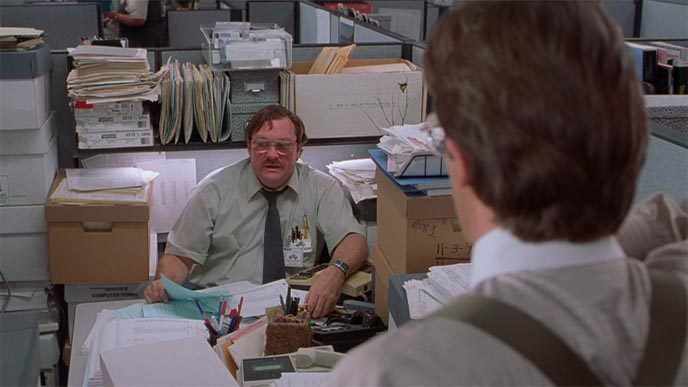As you may or may not already know, I got my university degree in psychology (with a minor in English literature). This was many, many years ago and I haven’t continued my formal education any further than that. What you might find a little curious, though, is that when I first got accepted into university, I thought that I was going to pursue a degree in commerce. In preparation for this (the commerce program didn’t start until second year), I took economics in my first year. I figured this was a logical choice.
And I didn’t like it. At all. So, I never even applied for the commerce program and now, here I am as a self-employed entrepreneur on the Internet, dabbling in all sorts of things that have to do with running a business, dealing with market forces, understanding the economics of the situation, and working out long-term strategies for sustained revenue growth. Maybe I should have gone down the commerce path after all.
But I didn’t. And I digress. But the point is that psychology play just as big a role in Internet marketing and making money online as the actual “money” topics of commerce and economics too. That’s why so much effort goes into the layout and wording of landing pages, for instance, or how you go about marketing a new product or offer to a new audience. At the end of the day, it’s still just about people. And they’re watching your every move. Sort of. Or you almost wish they would be.
Let’s take a quick step back. Let’s say that you work in a more traditional kind of office setting with cubicles and photocopiers and TPS reports and the whole nine yards. The actual job that you have doesn’t really matter in this hypothetical scenario. What matter is that you are in an office surrounded by all your coworkers, not to mention a supervisor or manager who is constantly breathing down your neck.

Naturally, when the boss is watching, you have to at least look like you’re working. When the boss isn’t around and you don’t have that kind of pressure suffocating your very being, you might relax. You might even distract yourself with another video on YouTube or daydream about your next vacation. But as soon as your supervisor walks back in the room, that YouTube browser window disappears and you’re right back into Excel.
That’s the Hawthorne effect. Basically, what it means is that you tend to work harder and perform better (or at least look the part) when you know that people are paying specific attention to you. The term was originally coined in the context of a scientific experiment, where the “people watching you” were the scientists conducting the experiment, but the effect can extend to these other types of circumstances too, like at work.
How can you leverage this psychological phenomenon for your benefit? How can you leverage the Hawthorne effect to your advantage as a blogger, Internet marketer, or online business owner? There is at least one way of thinking about this.
Put yourself out there for public scrutiny and accountability.
When you work for yourself from your home office, there is no supervisor breathing down your neck. It’s just you. And it can be awfully tempting to procrastinate indefinitely and never actually get anything done. So, make it so that you are seen. Make it so that people are watching.

A great example of this happened just recently to me. I was talking to a friend about how I had been working on a book for so long and I missed one soft deadline after another, because no one knew about them except for me. I allowed other work to take priority over this “passion project.” He suggested I just put it out there on Facebook. So, I posted a status update saying that I would this book done by a specific date. It’s public. All my friends saw it and even if they didn’t necessarily hold me to my word, I felt an obligation to live up to that promise because everyone could see it.
It didn’t take much to move that passion project off the back burner and into the forefront, and so I did manage to finish the book more or less on time. I got it done, after nearly three years of not getting it done, all because I posted about it so openly on Facebook.
In some ways, you could say that people like John and others have achieved a similar kind of effect, consciously or unconsciously, when they decide to post monthly income reports. John doesn’t do it anymore, but several bloggers and Internet marketers still do. This provides a public forum for personal accountability, because they know that their readers are anxious to hear about their performance each month.
When you know you’re being watched, you tend to work harder and do better. Are you allowing yourself to be observed?
